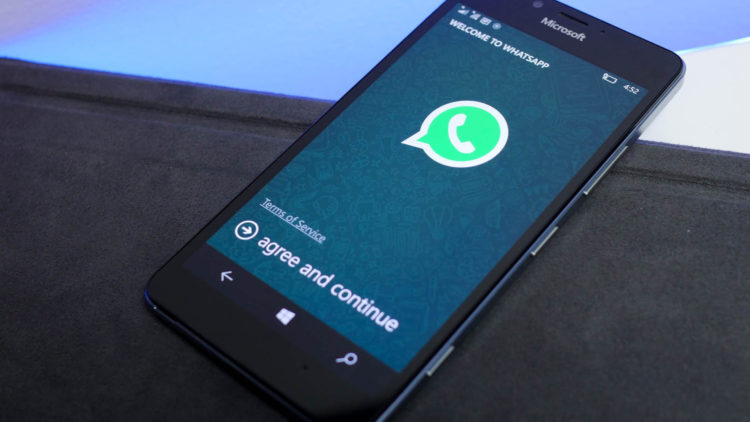
Radicalised at Seventeen: What We Can Learn from Humza Ali’s Story
The story of 20-year-old Birmingham man Humza Ali, who has just been jailed for training to join Daesh, creates questions and lessons for us all.
At FAST, we know that Daesh can prey on children they consider to be part of a network of supporters. They target those they deem vulnerable and have close ties to others sympathetic to their twisted ideology.
During his trial, we learned that Humza was a relatively normal teenager. Until the age of 16, he was, according to the judge, ‘integrated into society’. But around his 17th birthday had become involved with people holding radical ideological beliefs. These people included supporters of the preacher Anjem Choudary, who was jailed for five-and-a-half years in 2016 for urging support for Daesh.
But jihadi links were also much closer to home.
Humza’s father is Shahid Ali, who was jailed eight years ago for supplying equipment to Taliban fighters in Afghanistan.
In Humza’s network of ‘friends’ was Mohammed Ali Ahmed, 27, from Small Heath, who was jailed for eight years in December 2016 for his part in handing £3,000 to Brussels “man in the hat” bombing suspect Mohamed Abrini.
In 2014, Humza had taken part in a paintballing ‘training for battle’ day, paid for by Mohammed Ali Ahmed.
A network of radicalised men had been formed around Humza. Indeed, during his trial we were told that he had become “exposed to others of a more sophisticated and highly radicalised state of mind”.
Even his own mother, presumably concerned about her son’s welfare and intentions, had confiscated his passport when he was 17.
But Humza managed to obtain a replacement passport and, intent on “dying for the cause”, had travelled via Ireland to Turkey with the aim of joining Daesh in Syria.
Despite his background, Humza’s father had reported his son missing when he had begun his journey to Syria. Humza was arrested in Turkey before he could enter Daesh’s ranks.
He is beginning a nine-year prison sentence for engaging in conduct in preparation for terrorist acts, distributing terrorist publications and sending malicious communications.
Sentencing him, the judge told Humza: “You knew that your own father had been involved in funding movements with similar aims to those which you supported and you knew that he had been imprisoned for that. You went into what you did with your eyes fully open as to the probable consequences of doing so.”
How do we break through and stop somebody falling into violent activity?
At FAST, we have supported families torn apart by their loved ones departing to join Daesh or getting involved in extremist activity.
Those of us who know a loved one who is falling into the terrorist trap owe it to those people to stop them. It’s not an act of betrayal to tell the authorities before they do something they’ll regret. We can help you reach someone you are concerned about before they end up in prison. Surely that’s a better outcome for a family member or friend than letting them harm innocent men, women and children?
Spotting the signs of radicalisation early is one of the best ways to avoid a tragedy. We are here to show you how and, crucially, to obtain care and support for families going through the tragedy of losing a child to radicalisation.
We also offer close support to families going through challenging times by providing a non-judgmental helping hand and guidance. Where required, we match you with a professionally trained person or agency to deal with your matter, including scholars, advisors and local council departments. Get in touch with us if any of these issues affect you.
